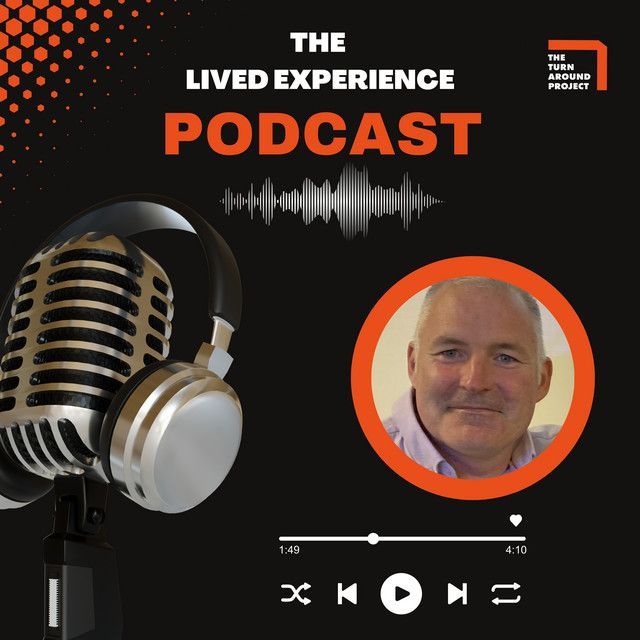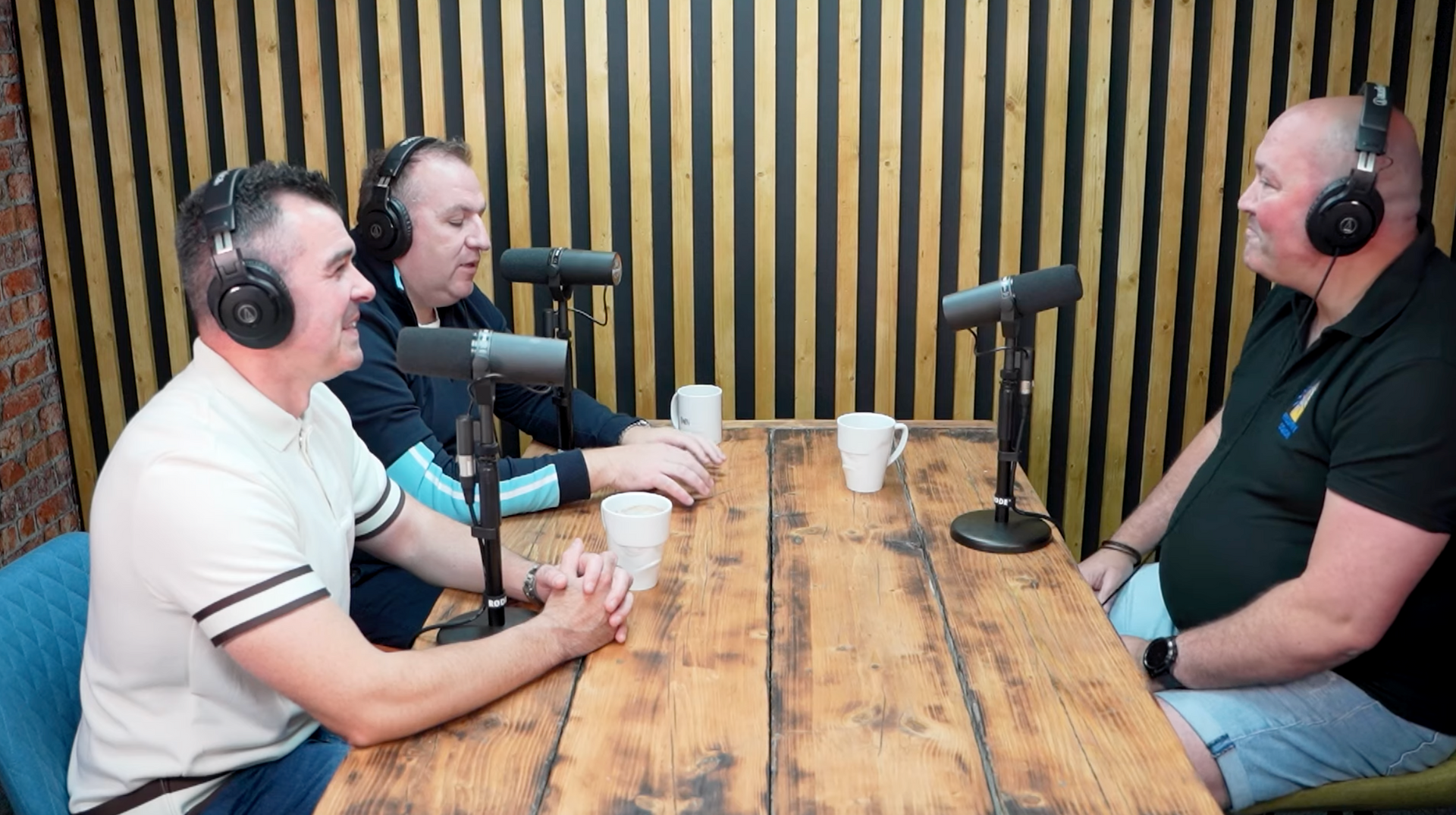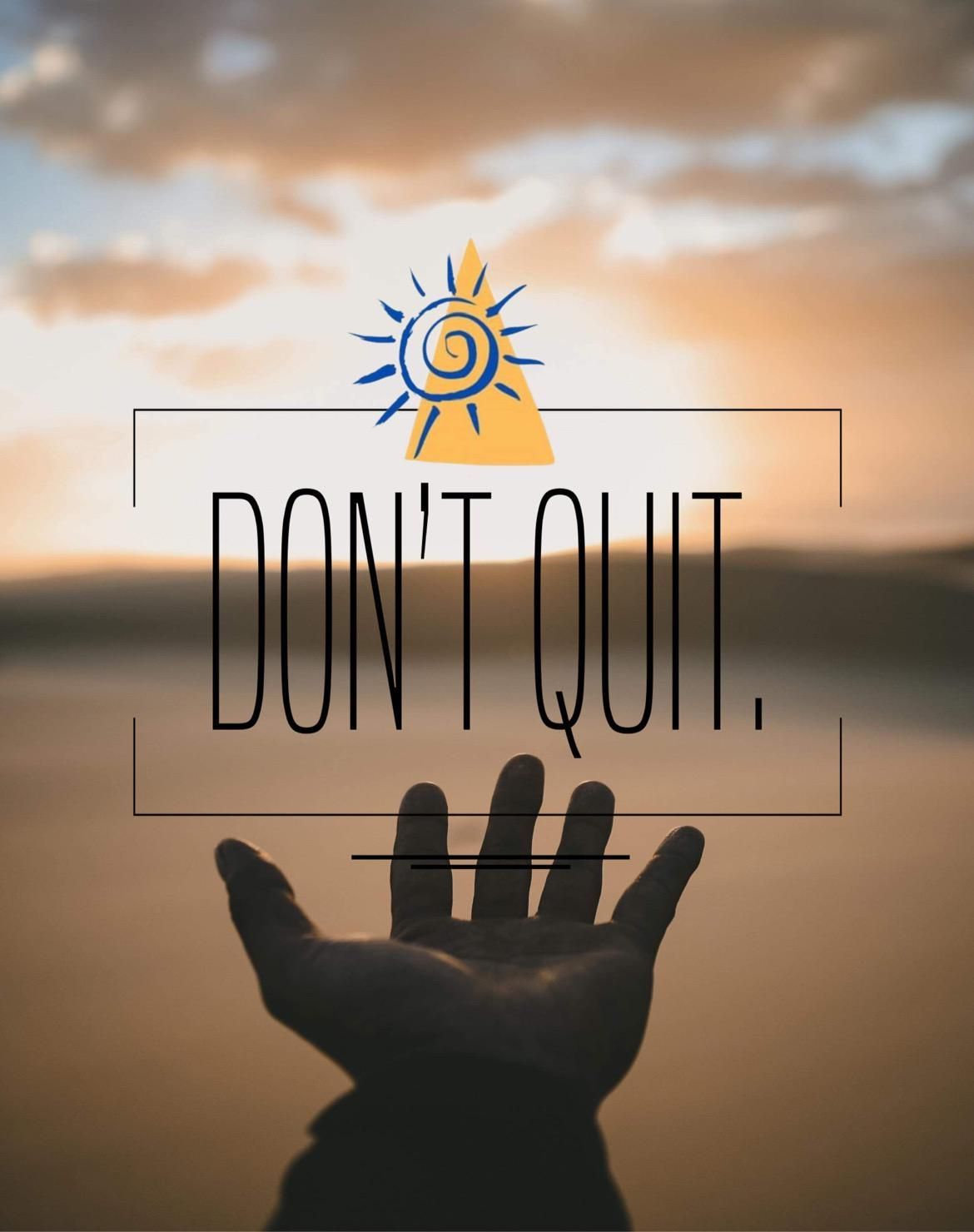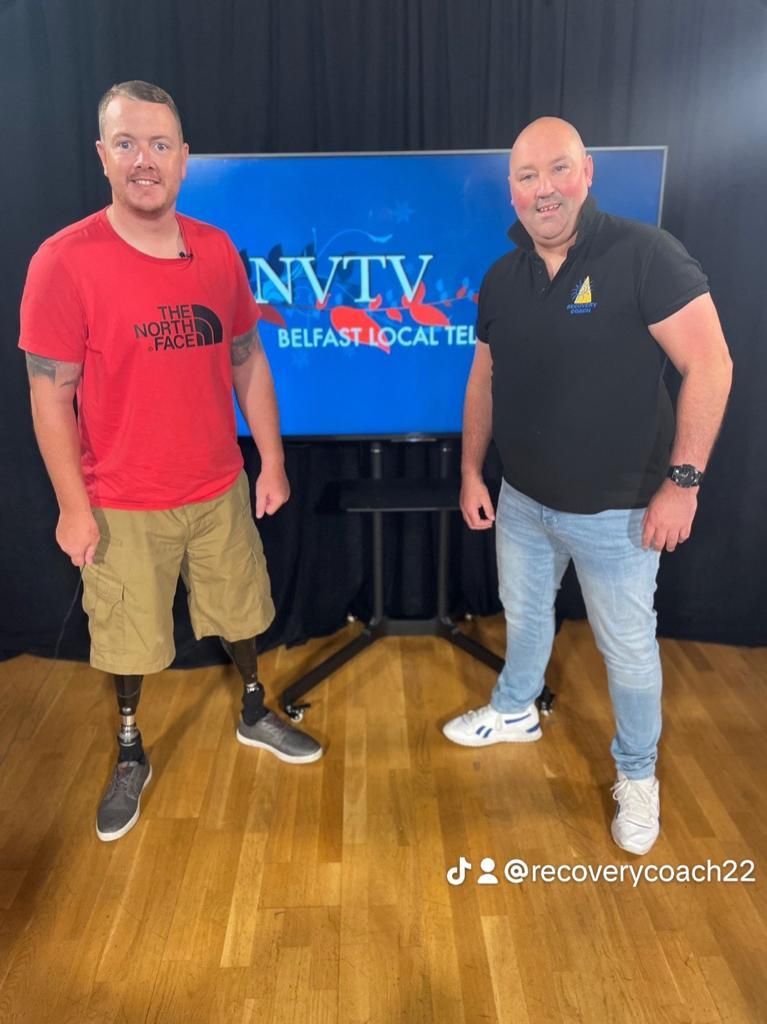Article
What is recovery coaching?
Self-sufficiency is key to a good life says Coach Daz
In today’s world there is a massive industry called coaching. I am not just talking about recovery coaching but the wider field such as life coaches, grief coaches, sports coaches, divorce coaches and mindset coaches. Way too many to mention here, but you get the idea.
Connection
In 1996 there were only 1,000 registered coaches with the International Coaching Federation (ICF), jump forward to 2012 and this number increased to 13,000. This is an industry which is growing worldwide and on a grand scale. However, as the world moves forward with more and more concerns around substance use, leading to substance use disorders, addiction, drug problems or alcoholism, it’s important to recognise that more needs to be done. There is a whole world of sobriety out there, which at times you may need guiding through or into. Once you hit 18 years-old no one really holds your hand, so being self-sufficient is key. But we all need help from time to time. The opposite to addiction is connection.
I read recently that the United States of America holds 5% of the world’s population, yet they consume 50% of the world’s cocaine. The USA’s defence budget runs into billions of dollars and that is equalled by what they spend on alcohol consumption. That book was written in 1991, so to be fair that may have changed. I wonder what their budget on rehab centres and their prison bill is.
Types of recovery coaches
There are many types of recovery coaches, some of which do it voluntarily and some do get paid for their valuable skills and experience. Examples and names of recovery coaches are known as sober buddies; sponsors; peer recovery support specialists; recovery life coaches; sober companions; sober escorts and prison recovery coaches. These guys can be professionals, however a majority, I feel, would have personal experience. For me, I have personal experience and professional experience and am a recovery coach or, as clients refer to me affectionately ‘Coach Daz’. I believe America is more in tune with recovery coaches, yet the UK is hard on its heels. Moreover, given the stigma around addiction, there is a trust and a confidentiality that is so important and takes time to build up. I may refer to my personal experience in future articles or use my professional experience, but I will never break anyone’s anonymity, even under torture.
What does a recovery coach do?
Put simply, there is a difference between coaches and the likes of psychotherapy. I believe psychotherapy focuses on the past and deep-seated trauma. Coaches, on the other hand, take into consideration the person as a whole. We ask questions that uncover and discover your own truth, which leads to you taking action on your recovery. We cannot or will not diagnose you or tell you that you have a problem. We will assess you and start where you are at, and we go from there.
In the next article I will provide a simple assessment you can do yourself and look at just some of the options available. Basically, recovery coaches support people to remain sober and prevent relapse.
I look forward to writing more and I hope you get something from any article I write. Although I take recovery very seriously, it’s also so important to have some fun on the journey together. Remember; the only thing that is instant in recovery is the coffee.
share this
Related Articles





